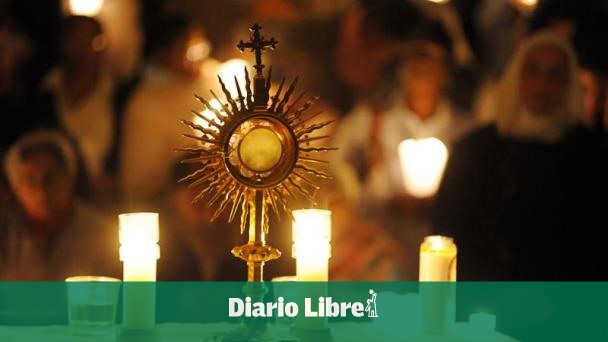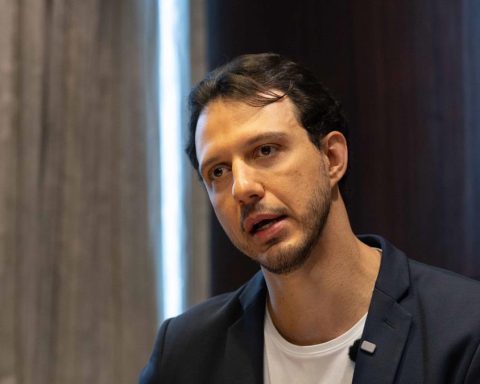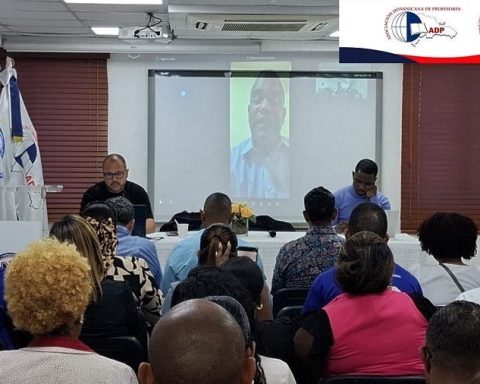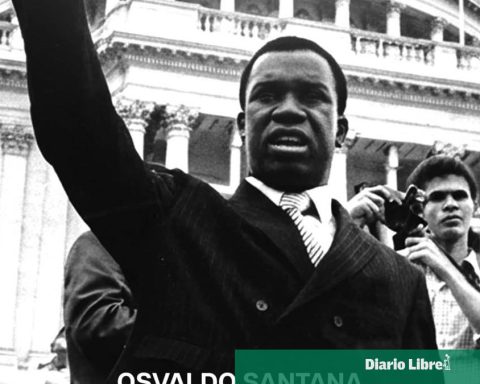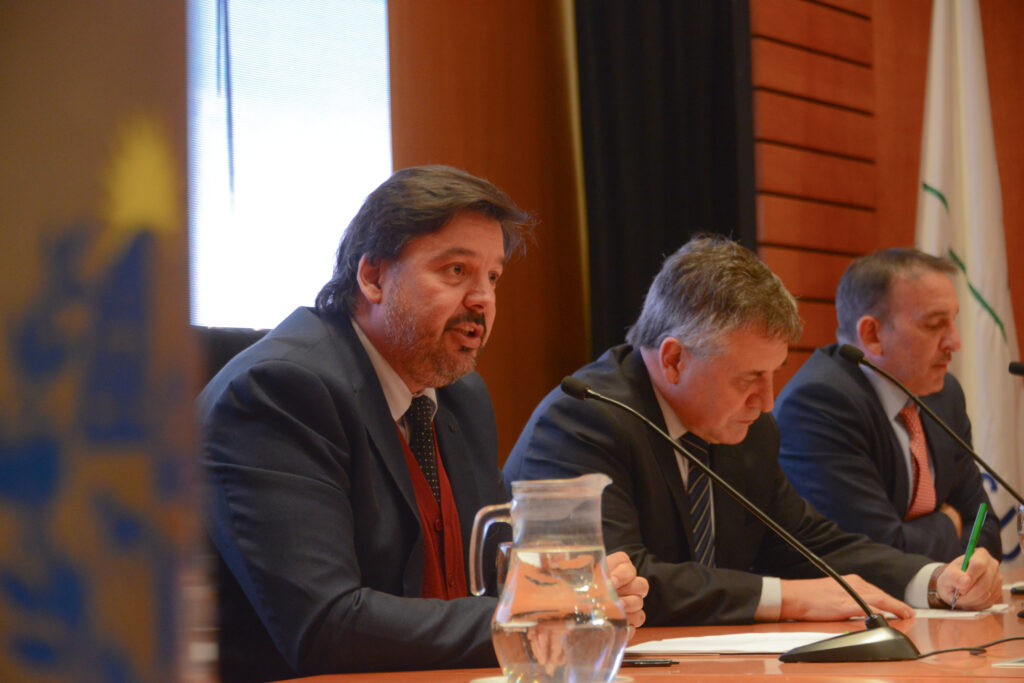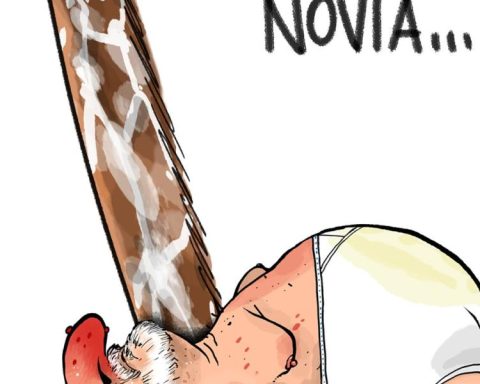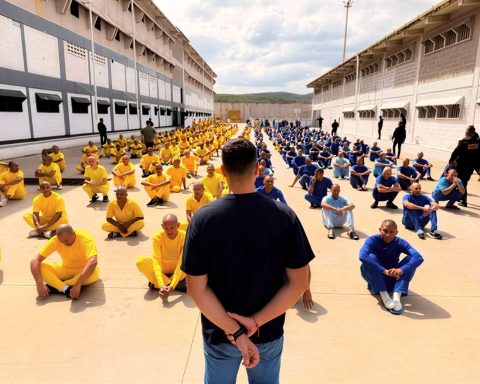This Thursday the Catholic Church celebrates the Corpus Christi Day or Solemnity of the Body and Blood of Christ, as it is also known. It is the commemoration of the Holy Supper and Eucharist that Jesus established in the name of love and gratitude to God, his father, on the Thursday before his crucifixion.
According to data compiled by Diario Libre, the festival arose in the Middle Ages, when in 1208 the Cistercian religious Julian of Cornillon (Saint Juliana de Fosses) promoted the idea of celebrating a festivity in honor of the body and blood of Christ present in the Eucharist. This festival was established in 1264, 9 years after her death, by Pope Urban IV.
Corpus Christi It is celebrated on the Thursday following the eighth Sunday after Easter Sunday, that is, 60 days after the resurrection of Jesus Christ. As in many other countries, the Dominican Republic joins in the celebrations and thus declares the day non-working.
In many parts of the world the festival is of special relevance, such as Austria, Germany, Brazil, Poland, Switzerland, Portugal, Venezuela and Spain, among others. In this last European country there is a popular saying: There are three Thursdays in the year that shine brighter than the sun: Holy Thursday, and Ascension Day, which gives an idea of the roots of this party.
The celebrations of Corpus Christi they usually include a procession in which “the very Body of Christ (bread and wine)” is exhibited in a monstrance. The streets and the church are adorned with flower arrangements and songs and verses are dedicated to it during the tours. Believers attend mass and present choirs, in order to proclaim and increase the faith of the Catholic Church.
MYTHS
“The ox spoke”
Throughout the history of the Dominican Republic, the celebration of Thursday Corpus has been linked to the myth that an ox spoke to his master for not respecting this day of recollection.
According to legend: A peasant went out with his ox to plow the land on Corpus Thursday, a day that Christians or believers dedicate to rest. It is in the middle of the work when the animal reproached his mistress for not even letting him rest that day.
“The host cures diseases”
Many people wait at the doors of their houses for the passage of the Body of Christ (the host), because they believe that, by going through the most holy sacrament, they can be cured of some disease that affects them.
“In many towns, people request that the procession pass through a place where, for example, there has been a tragedy or there are families who ask the priest that the procession pass through their house because there is a very sick person,” he told Diario Libre. General Vicar of the Archdiocese of Santo Domingo, Abraham Apolinario, in a report published last year.
leisure day
Today, most Dominicans take advantage of Corpus Thursday to spend it with the family, so they have picnics and days at the beach, among other entertainment activities.
